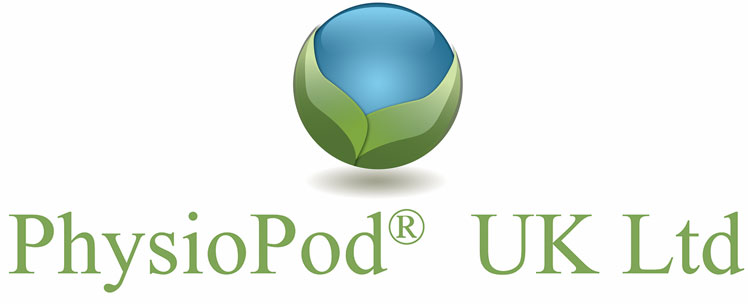Highlights of The British Lymphology Society (BLS) Annual Conference 2022 - By Gaynor Leech, Lymphoedema Patient Advocate and Founder of LWO Community
It was great to be back at a 'in-person' conference, which was again held at Yarnfield Park, Stone. Monday (as I have previously written) was a day of workshops and unfortunately, because of co-presenting my own workshops, I missed the one on skincare, which I would love to have attended. Skincare is one of my health passions.
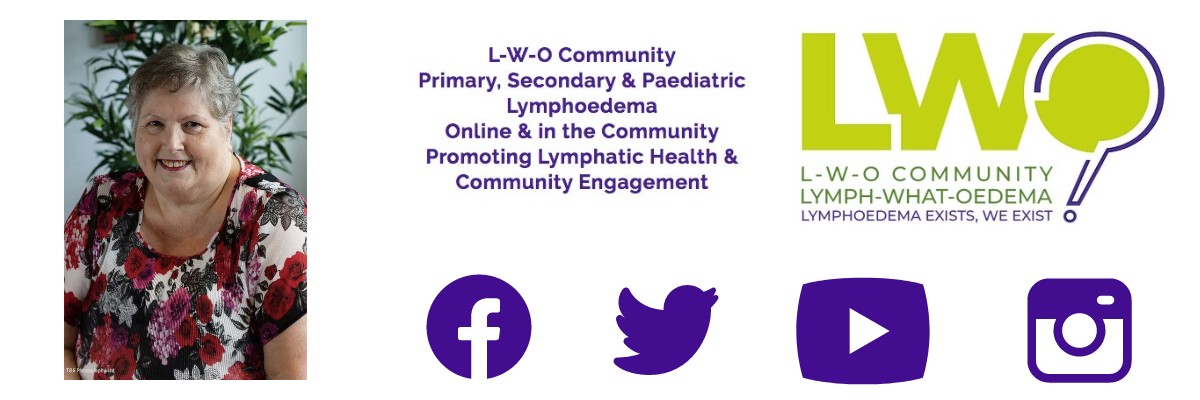
One of the nicest parts of attending the British Lymphology Conference (BLS) is that I get to meet the people I talk to online. I did get to see and meet Cheryl and Brian Tierney, two of their children have Milroy’s Disease. Cheryl is District Nurse, Wife, Mum of four, a Lymphoedema patient advocate and along with her husband Brian, a parent carer.
Cheryl’s presentations talked about the hard work on a daily basis, that goes into managing Lymphoedema in children. She wanted the audience to understand that parent carers provide excessive hours of care and therapy daily, but still must go to work and maintain a family life. In her own words “Parent carers need to be seen, heard and valued”.
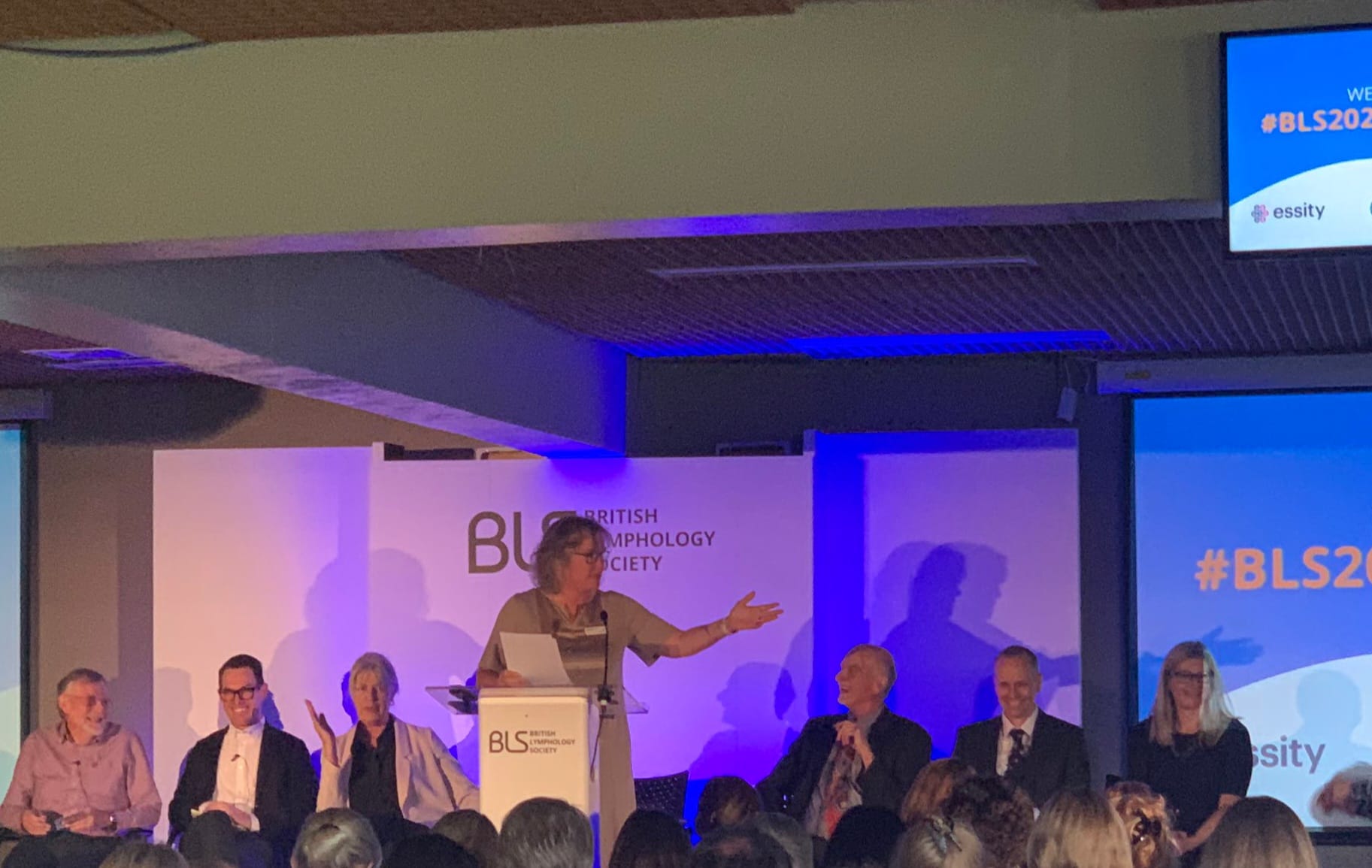
Tuesday was the day for presentations and kicked off with a controversial debate with the title:
“Manual Lymphatic Drainage (MLD) should be offered as an essential component of Lymphoedema management”.
This was presented by two teams ‘for’ and ‘against’ and it was made clear that the debate didn’t necessarily reflect their own personal views. The proposing team: Professor Neil Piller, Rebecca Elwell, and Professor Dominic Furniss. The opposing team: Professor Karin Johansson, Dr Gary-Cooper Stanton, and Professor Vaughan Keeley. The debate was chaired by Professor Julie Green
The debate was extremely good-natured and at times gave the audience a laugh. The audience had several opportunities to vote using the Whoa app, the outcome of the vote was 96 in favour and 87 against MLD being offered as an essential component of Lymphoedema treatment.
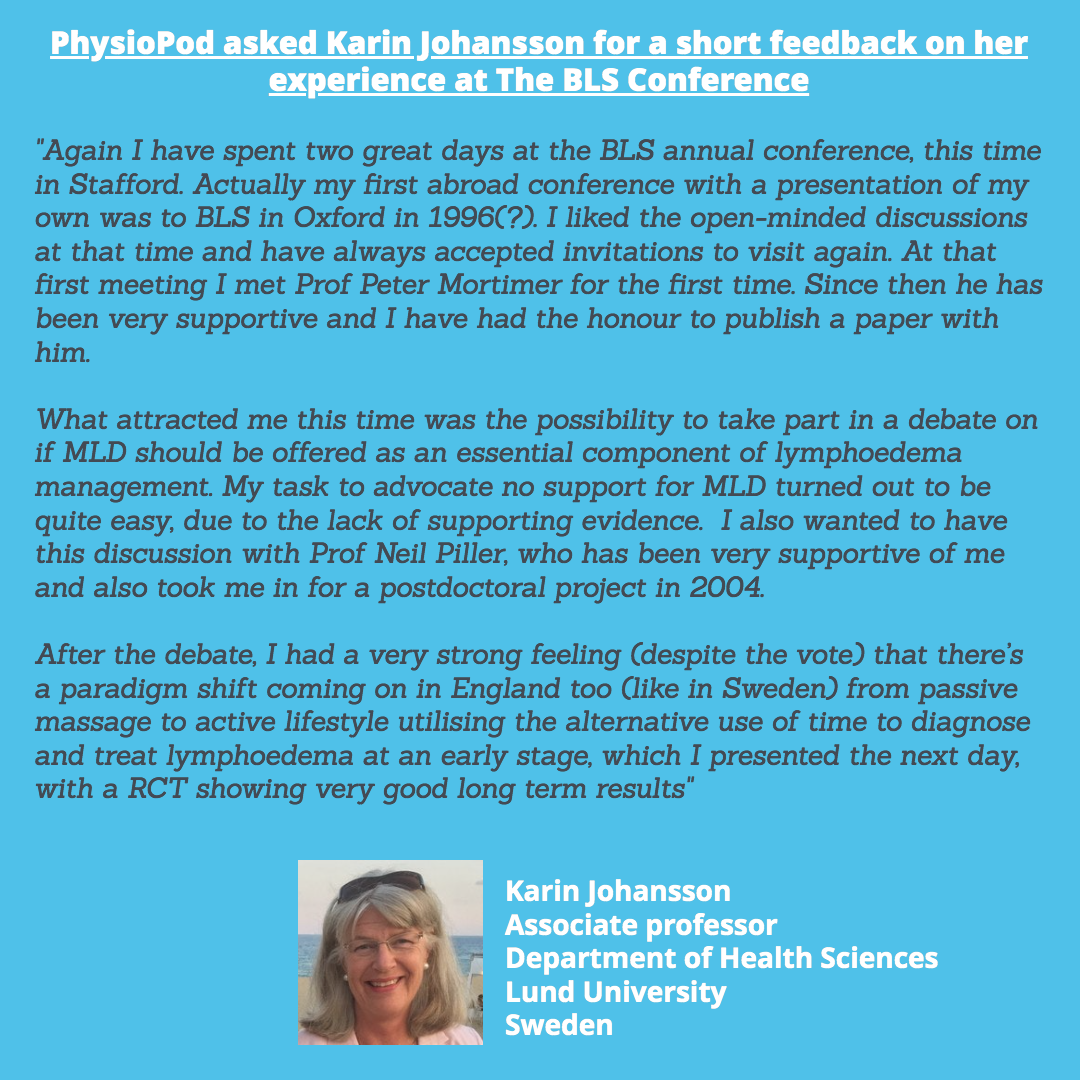
Trish Goddard Patron of the BLS welcomed delegates to the conference and I am thrilled that Matt Hazledine and I were mentioned on the important roles we have in raising the patient voice.
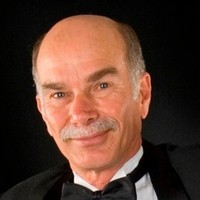
Professor Neil Piller
Professor Neil Piller, Director of Lymphoedema Clinical Research Unit at Flinders University Adelaide presented “Supporting patient self-management and empowering patients to positively impact their condition”. Much of his presentation focussed on the themes that Matt and I talked about in our workshops on treating the individual, holistically, mentally, and physically.
Professor Piller suggested that patients should be encouraged to clear and empty the abdominal and thoracic areas to aid lymph flow. To do this, he advised deep breathing, yoga, and self-lymphatic drainage (SLD), before putting on compression.
I liked his suggestions that patients should be encouraged to focus on what they can do, instead of what they can’t do, this leads to a more positive mental attitude. He also suggested that one treatment at a time should be introduced, monitoring those results instead of throwing everything at the patient at once and then finding it difficult to monitor whether a treatment works or not.
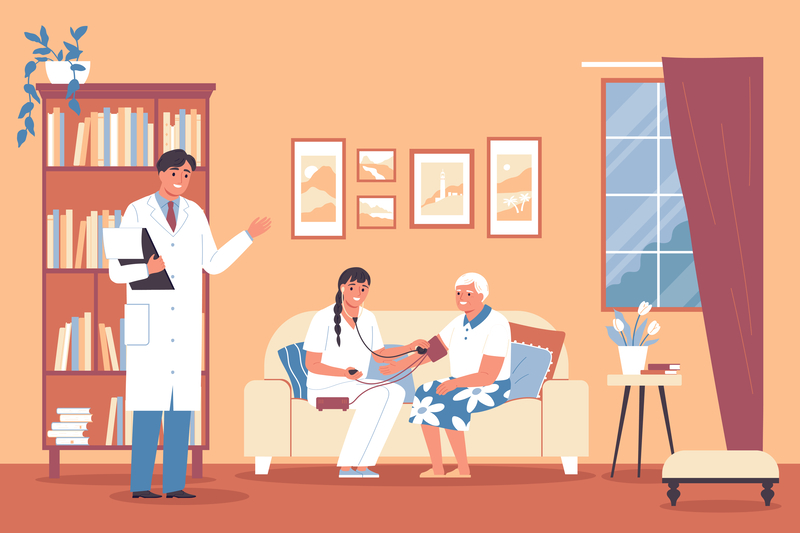
On a personal level, I was interested to hear Professor Piller talk about blood pressure and the lymphatic system. For someone whose blood pressure soared over 50 years ago during my first pregnancy and has been controlled ever since by medication, to hear the importance of reducing high blood pressure because it adds a further load to the lymphatic system, was very interesting.
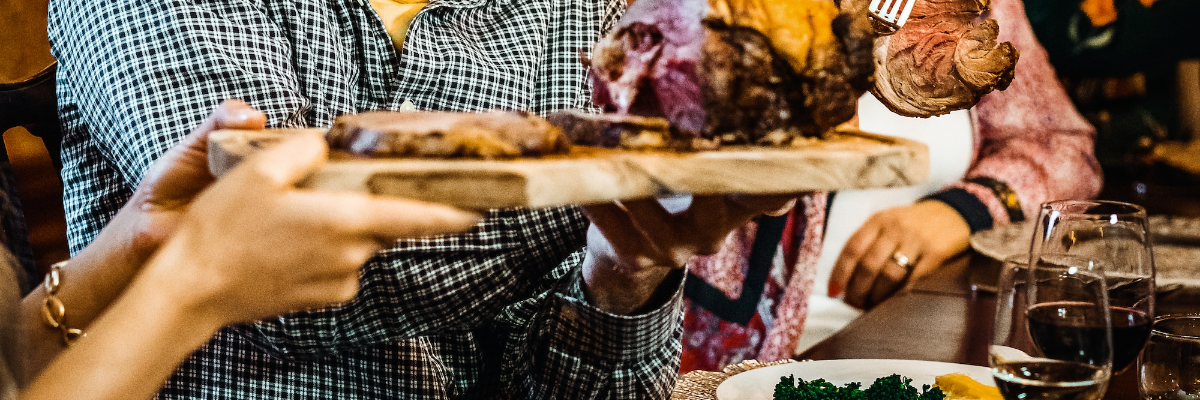
There were two other suggestions that he made that patients should not have a big meal three hours before bed and referred to the additional weight and pressure on our lymph system this may cause. Drinking alcohol could lead to increased swelling but added this needed further investigation.
Professor Piller was humorous, informative, and passionate about sharing his knowledge and encouraged the HCPs in the room to write case studies and even offered to help if they needed help.
Briefly, I got to meet Professor Karin Johansson as we walked back to our rooms. Karin is the President of the Swedish Society of Lymphology. She presented “Early compression treatment in mild arm Lymphoedema”.
I missed some of the presentations, especially the abstracts, as I did spend a lot of time networking. However, these will be on the BLS website in due course, and I will be able to read them in my own time and space.
From the moment I walked on site this year, I was recognised and rarely had to explain who I was or about my role in the Lymphoedema community. A huge thank you to the British Lymphology Society for allowing me to tell my story and co-present five workshops. Thank you to Kate Sinclair, Jane Board, Lorraine Brown for your support and mentorship.
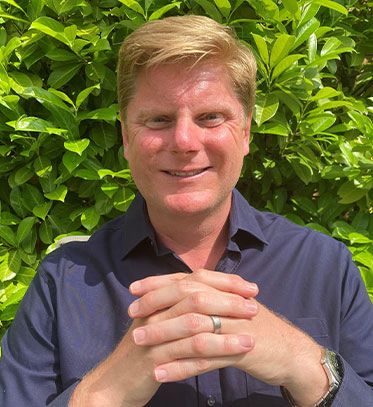
Finally, a huge thank you to Matt Hazledine, my co-presenter, for keeping us topped up with glasses of water. It was great working with you Matt.
Gaynor
